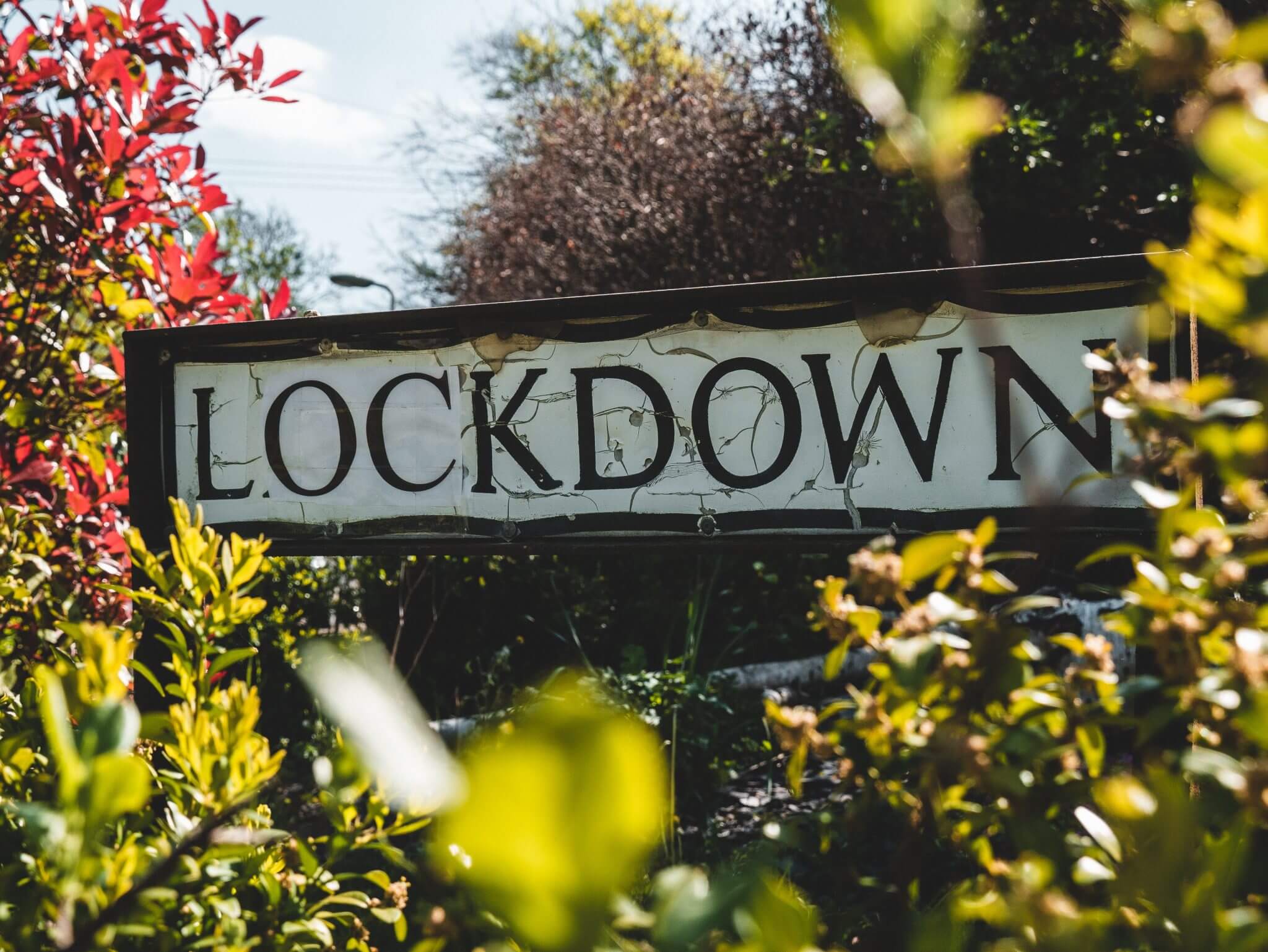Changes in Educational Requirements to Work in Real Estate
The Victorian Government announced changes in the educational requirements to work as an agent’s representative or estate agent. These changes require anyone wanting to:
- enter the real estate industry or
- become a licensed estate agent
to undertake substantially more study than previously required. We’ve broken down changes for you below.
Becoming an Agent’s Representative
Current requirements
Up until 30 September 2021 to become an agent’s representative in Victoria you will need to complete the following three units of competency:
- CPPDSM4007A – Identify legal & ethical requirements of property management to complete agency work
- CPPDSM4008A – Identify legal and ethical requirements of real estate sales to complete agency work
- CPPDSM4080A – Work in the real estate industry.
You will need to complete your training by 30 September 2021 and will have to commence employment with a real estate office and have your name registered with the Business Licensing Authority within 5 years from the date of the Statement of Attainment.
New Requirements
From 1 October 2021 to become an agent’s representative in Victoria, you will need to complete the Certificate IV (CPP41419 Certificate IV in Real Estate Practice) and consists of completing 18 units of competency.
The qualification can be completed in classroom /group learning environments, blended learning or as a workplace traineeship program.
Becoming an Estate Agent
Current requirements
Often referred to as the “Licensing Course” up until 30 September 2021 the minimum educational requirements required to apply to the Business Licensing Authority to become a licensed estate agent is the completion of the CPP40307 Certificate IV in Property Services (Real Estate).
The qualification consists of completing 24 units of competency, of which include the 3 units of competency that make up the agent’s representative course.
For anyone already working in the real estate sector some recognition of experience or prior learning may be available.
The qualification can be completed in classroom /group learning environments, blended learning or as a workplace traineeship program.
You will need to complete your training by 30 September 2021 and apply with the Business Licensing Authority within 5 years from the date of the Statement of Attainment to become a licensed estate agent.
New Requirements
From 1 October 2021 to the minimum educational requirements required to apply to the Business Licensing Authority to become a licensed estate agent is the completion of:
- CPP41419 Certificate IV in Real Estate Practice – 18 units of competency (and the minimum requirement to become an agent’s representative from 1 October 2021)
- CPP51119 Diploma of Property – 12 units of competency.
For anyone already working in the real estate sector and wanting to complete the above courses, some recognition of experience or prior learning may be available.
The qualifications can be completed in classroom /group learning environments, blended learning or as a workplace traineeship program.
Upon completion of the training you will need to apply with the Business Licensing Authority to become a licensed estate agent.
Got any questions about entering the real estate industry, up-skilling or want to discuss any of the exemptions that apply to the above educational requirements? Contact us at ApexHR on (03) 8736 7119.










